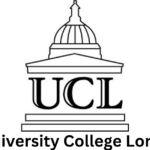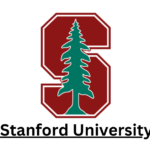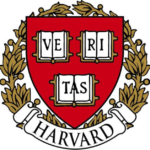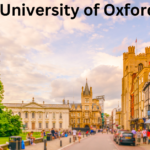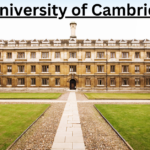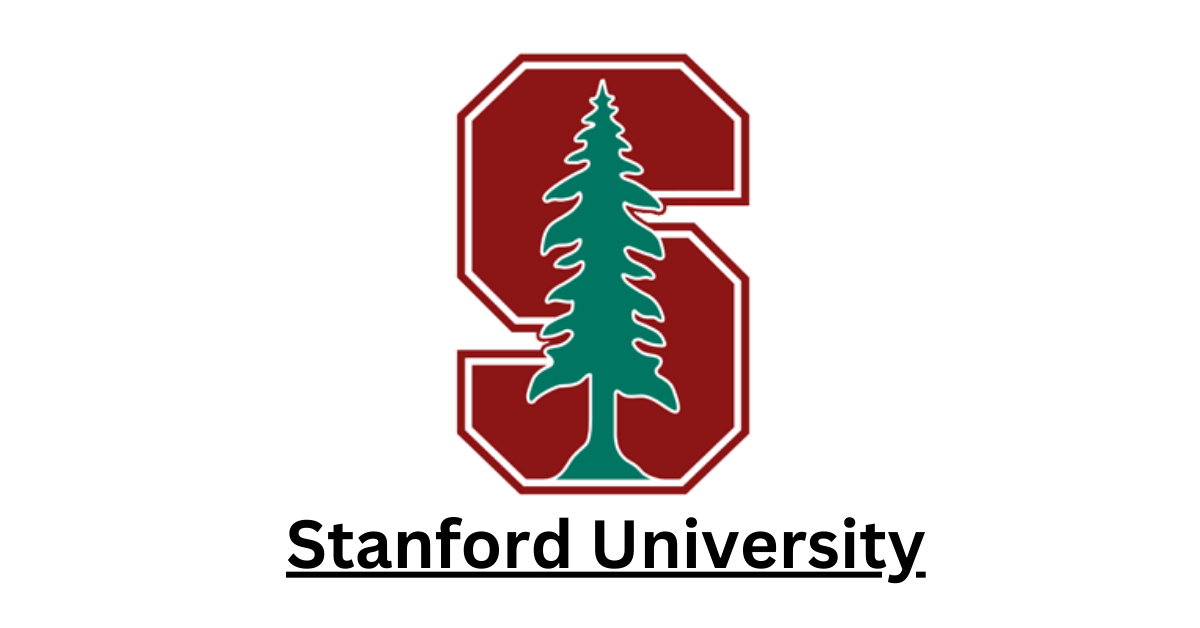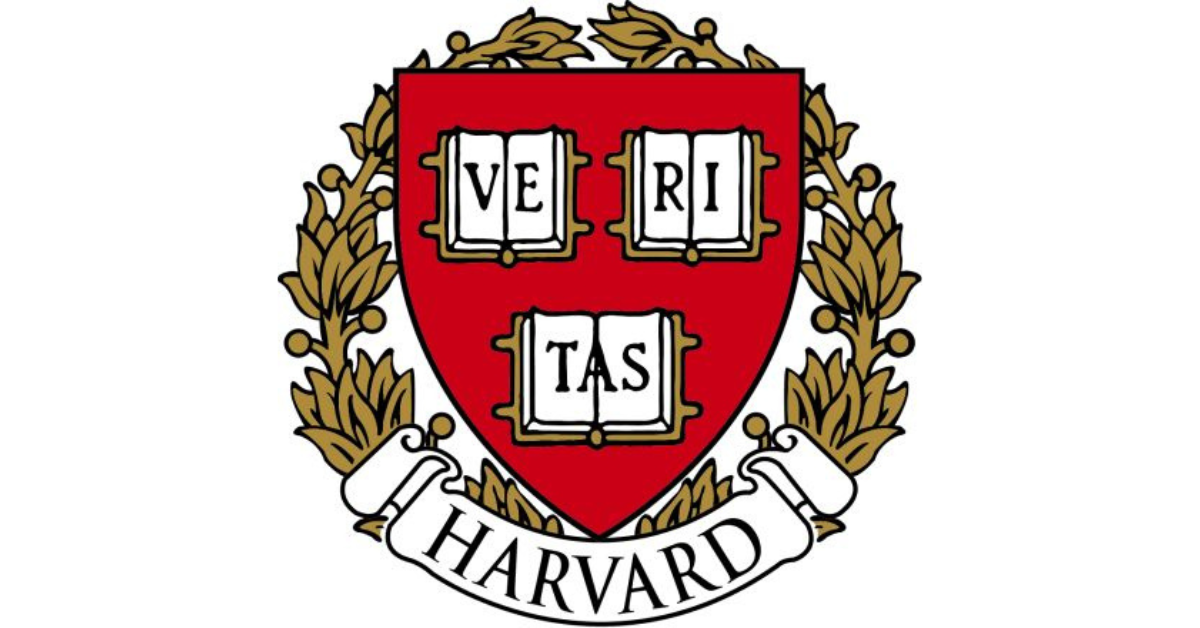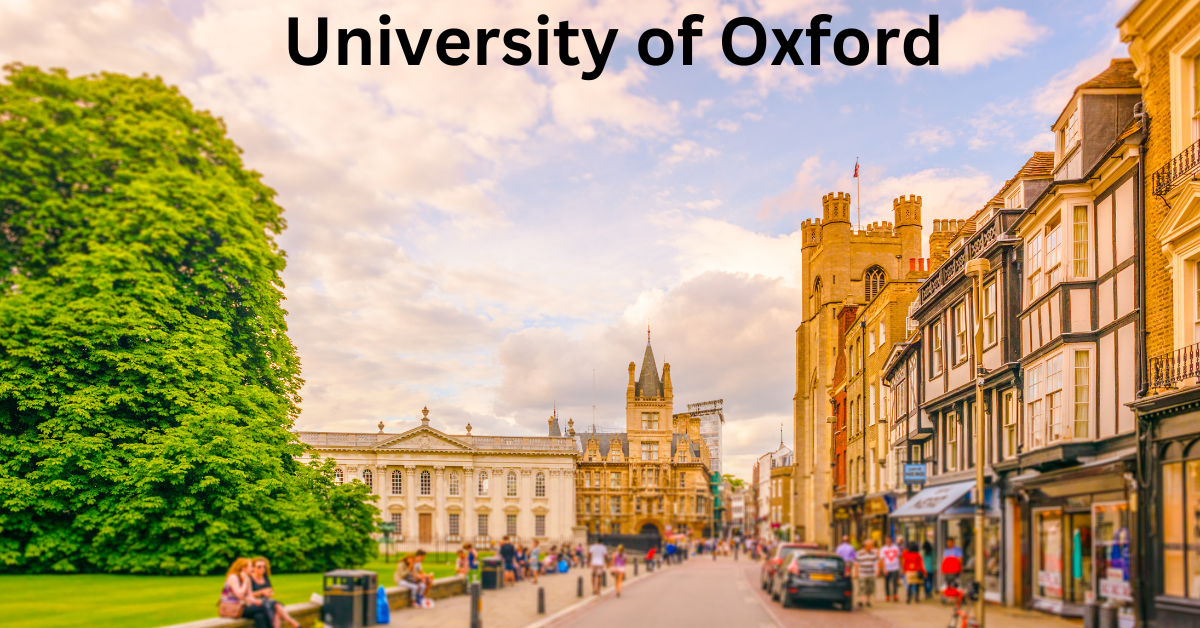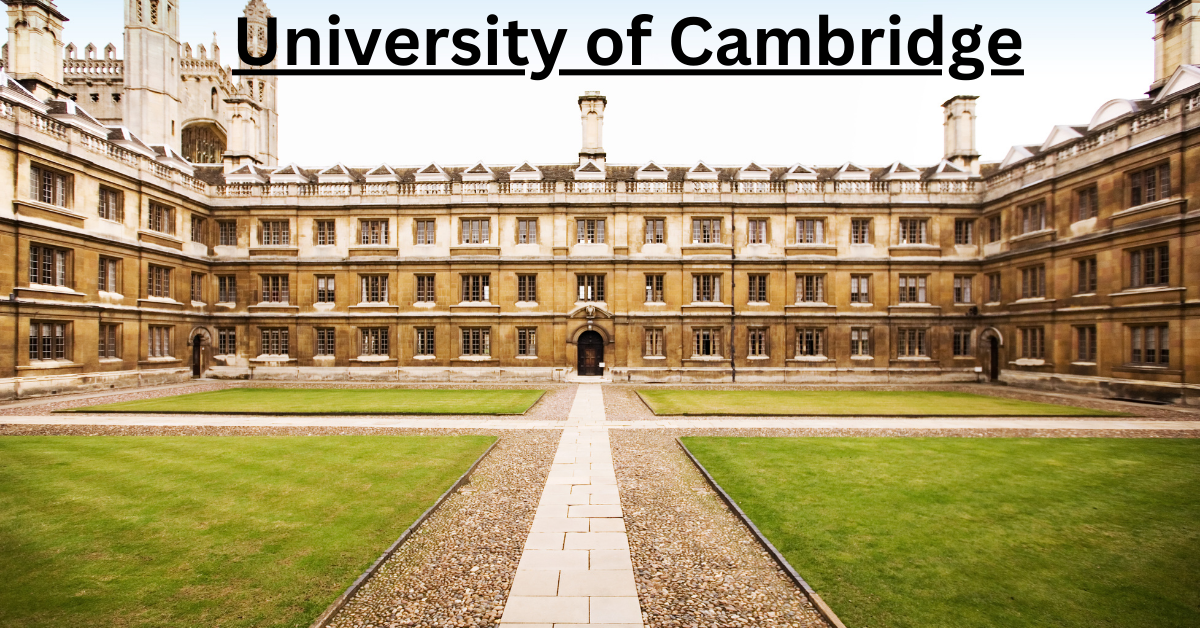University College London (UCL) stands as one of the leading universities globally, renowned for its impactful research, diverse academic programs, and historical significance. Established in 1826, UCL has consistently maintained its position at the forefront of higher education, contributing significantly to scientific advancements, societal development, and the fostering of a global academic community. This article provides an in-depth exploration of UCL, covering its history, academic structure, notable achievements, research contributions, and its role in contemporary education.
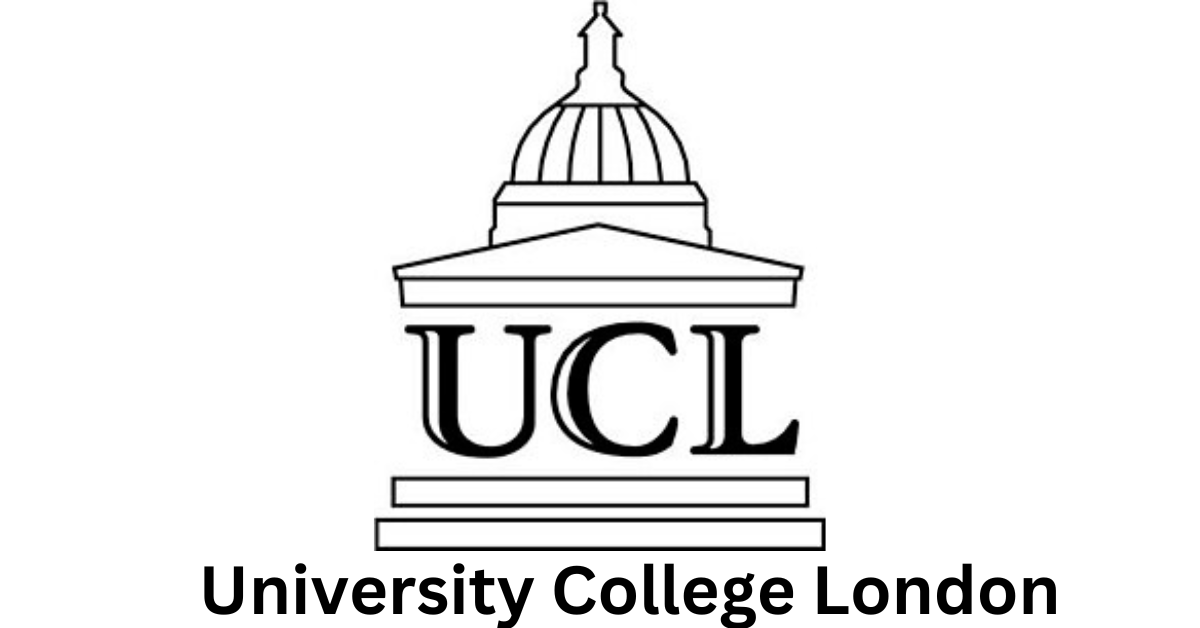
History of UCL
Founding and Early Years
UCL was founded in 1826 under the name “London University” by founders inspired by the educational reformist ideas of Jeremy Bentham. The institution was established as a secular alternative to the religious universities of Oxford and Cambridge, allowing individuals of all beliefs to pursue higher education. It was the first university in England to admit students regardless of their religion, and it was also the first to admit women on equal terms with men in 1878.
Development and Expansion
Throughout the 19th and 20th centuries, UCL underwent significant expansion. It merged with several other institutions, broadening its academic offerings and research capabilities. Key mergers included the School of Pharmacy and the Institute of Education, both of which enhanced UCL’s reputation in their respective fields. The university also played a pivotal role during World War II, contributing to war-related research and development.
Academic Structure and Programs
Faculties and Departments
UCL comprises 11 faculties, each housing multiple departments that cover a wide range of disciplines. These faculties include:
- Arts and Humanities
- Brain Sciences
- Built Environment (The Bartlett)
- Engineering Sciences
- Laws
- Life Sciences
- Mathematical and Physical Sciences
- Medical Sciences
- Population Health Sciences
- Social and Historical Sciences
- Institute of Education
Each faculty is dedicated to advancing knowledge through research and teaching, offering undergraduate, postgraduate, and doctoral programs.
Interdisciplinary Programs
UCL is known for its interdisciplinary approach, encouraging collaboration across different fields of study. Programs such as the Bachelor of Arts and Sciences (BASc) allow students to tailor their education to their interests, combining arts, sciences, and social sciences. This flexibility prepares graduates to tackle complex global challenges.
Research Contributions
Pioneering Discoveries
UCL has a rich history of pioneering research that has led to significant scientific discoveries and advancements. Some notable contributions include:
- Genetics: Sir Archibald Garrod, a UCL alumnus, made foundational contributions to the field of medical genetics by discovering inborn errors of metabolism.
- Medical Imaging: The development of magnetic resonance imaging (MRI) technology was significantly advanced by UCL researchers, revolutionizing diagnostic medicine.
- Space Science: UCL’s Mullard Space Science Laboratory has been instrumental in numerous space missions, contributing to our understanding of the cosmos.
Impactful Research Centers
UCL hosts several world-renowned research centers and institutes, such as the Institute of Education, which is a global leader in education research, and the Institute of Epidemiology and Health Care, which addresses critical public health issues. The university’s research endeavors are often interdisciplinary, bringing together experts from various fields to address complex problems.
Global Engagement and Collaboration
International Partnerships
UCL maintains a strong global presence through its partnerships with universities, research institutions, and organizations worldwide. Collaborative initiatives include joint research projects, student exchange programs, and dual degree offerings. These partnerships enhance the university’s ability to address global challenges and foster cross-cultural understanding.
UCL’s Global Campus
The university has established campuses and research centers outside the UK, further extending its international reach. UCL Qatar, for example, focuses on archaeology, conservation, and museum studies, contributing to the preservation and understanding of cultural heritage in the Middle East.
Student Life and Diversity
Inclusive Community
UCL is home to a diverse and inclusive community, attracting students from over 150 countries. This multicultural environment enriches the student experience, promoting a global perspective and cross-cultural exchange. The university is committed to equality and diversity, implementing policies and initiatives to ensure an inclusive and supportive environment for all students.
Student Organizations and Societies
The university offers a vibrant student life with numerous organizations and societies catering to a wide range of interests. The UCL Union, one of the oldest students’ unions in England, provides support and resources for students, organizing events, sports, and cultural activities. These extracurricular opportunities enhance the university experience, allowing students to develop new skills, build networks, and pursue their passions.
Notable Alumni and Faculty
Distinguished Alumni
UCL boasts a remarkable list of alumni who have made significant contributions to various fields. Some notable alumni include:
- Alexander Graham Bell: Inventor of the telephone.
- Rabindranath Tagore: Nobel laureate in Literature.
- Francis Crick: Co-discoverer of the structure of DNA.
- Mahatma Gandhi: Leader of the Indian independence movement.
- Christopher Nolan: Acclaimed filmmaker.
Renowned Faculty
The university’s faculty includes leading academics and researchers who are at the forefront of their disciplines. UCL’s commitment to academic excellence is reflected in the numerous awards and recognitions received by its faculty members, including Nobel Prizes, Fields Medals, and other prestigious honors.
UCL in the Modern Era
Technological Innovation
In recent years, UCL has embraced technological innovation to enhance education and research. The university has invested in state-of-the-art facilities and digital infrastructure, supporting cutting-edge research and providing students with access to advanced learning resources. Initiatives such as UCL’s Knowledge Lab explore the intersection of technology and education, developing new methods for teaching and learning.
Sustainability Initiatives
UCL is committed to sustainability and addressing global environmental challenges. The university has implemented a comprehensive sustainability strategy, focusing on reducing its carbon footprint, promoting sustainable practices, and integrating sustainability into its curriculum and research. UCL’s Green Impact program encourages staff and students to participate in sustainability initiatives, fostering a culture of environmental responsibility.
Challenges and Future Directions
Adapting to Change
Like many higher education institutions, UCL faces challenges related to funding, global competition, and adapting to rapidly changing technological and societal landscapes. The university continues to innovate and evolve, seeking new ways to deliver high-quality education and impactful research.
Vision for the Future
UCL’s vision for the future includes expanding its global reach, fostering interdisciplinary collaboration, and continuing to address pressing global issues through research and education. The university aims to build on its legacy of excellence, preparing future leaders and contributing to the betterment of society.
Conclusion
University College London stands as a beacon of academic excellence, innovation, and inclusivity. Its rich history, diverse academic offerings, and commitment to research have solidified its position as one of the leading universities in the world. As UCL continues to evolve and adapt to the changing landscape of higher education, it remains dedicated to its founding principles of accessibility, inclusivity, and the pursuit of knowledge. With a global community of students, faculty, and alumni, UCL is poised to continue making significant contributions to society and addressing the challenges of the future.
